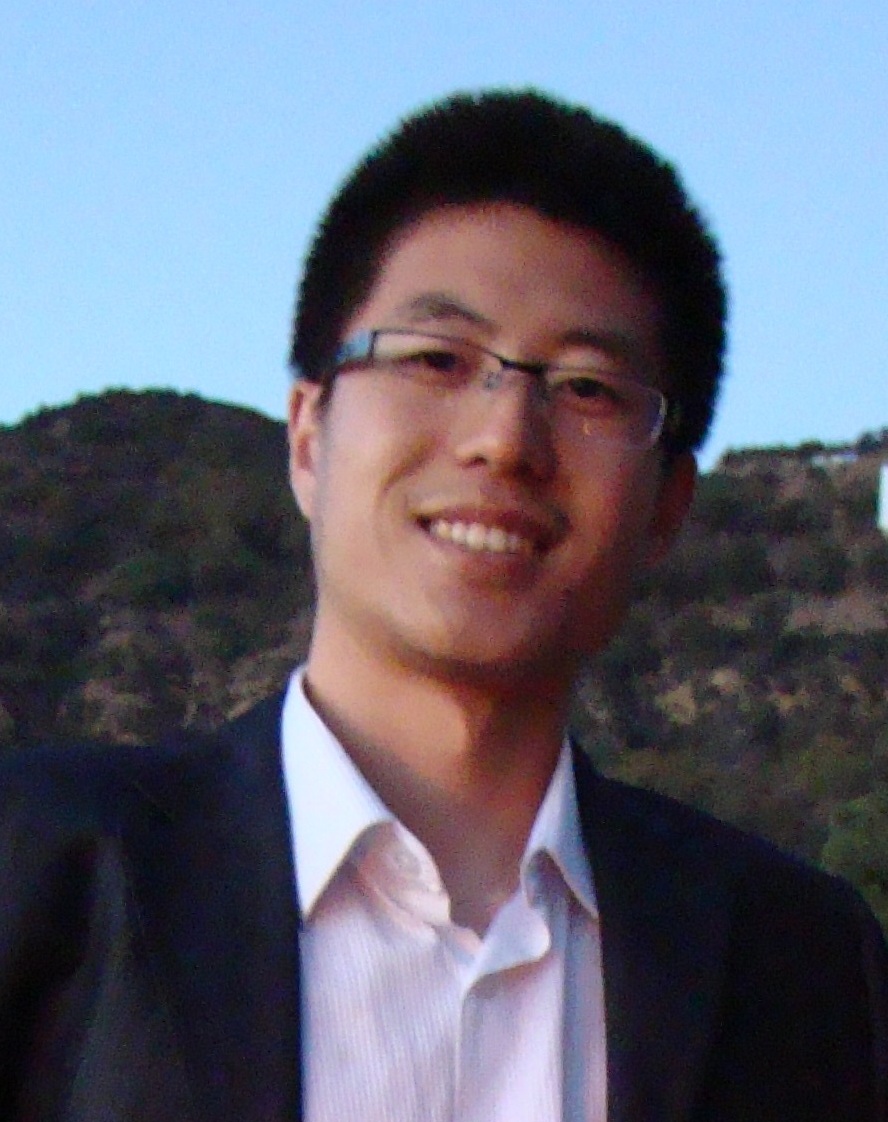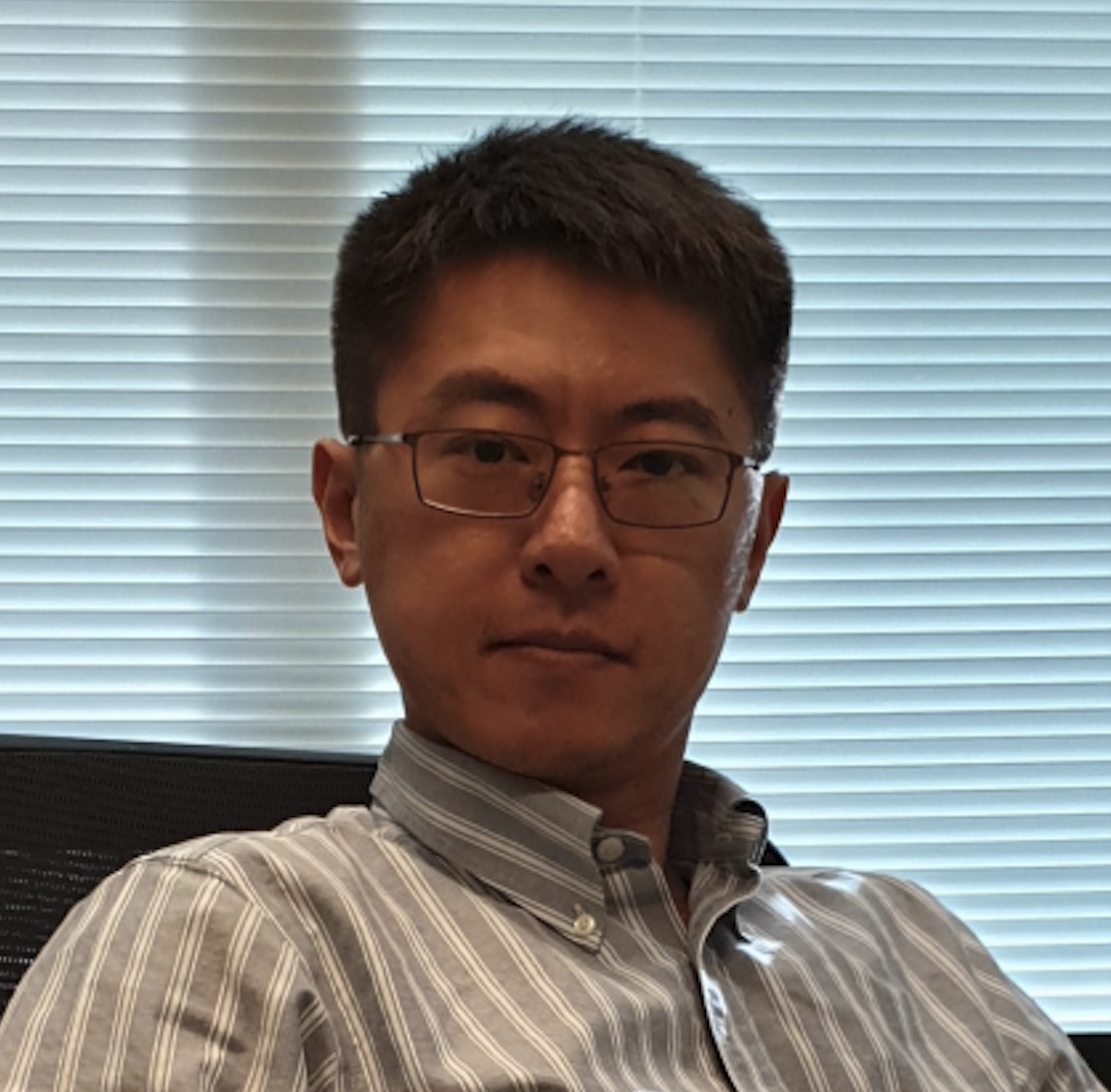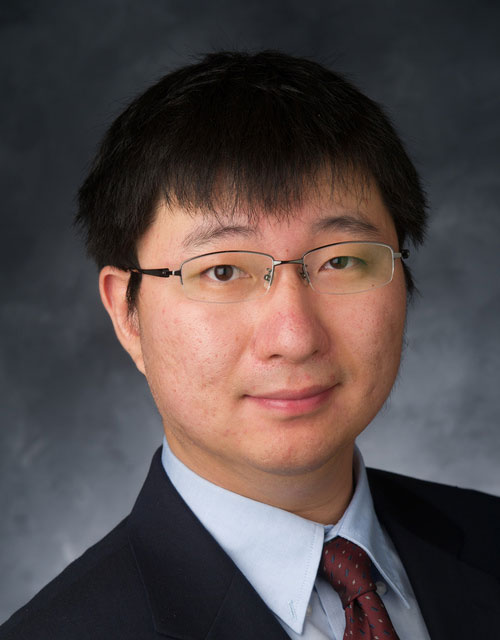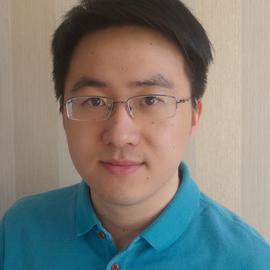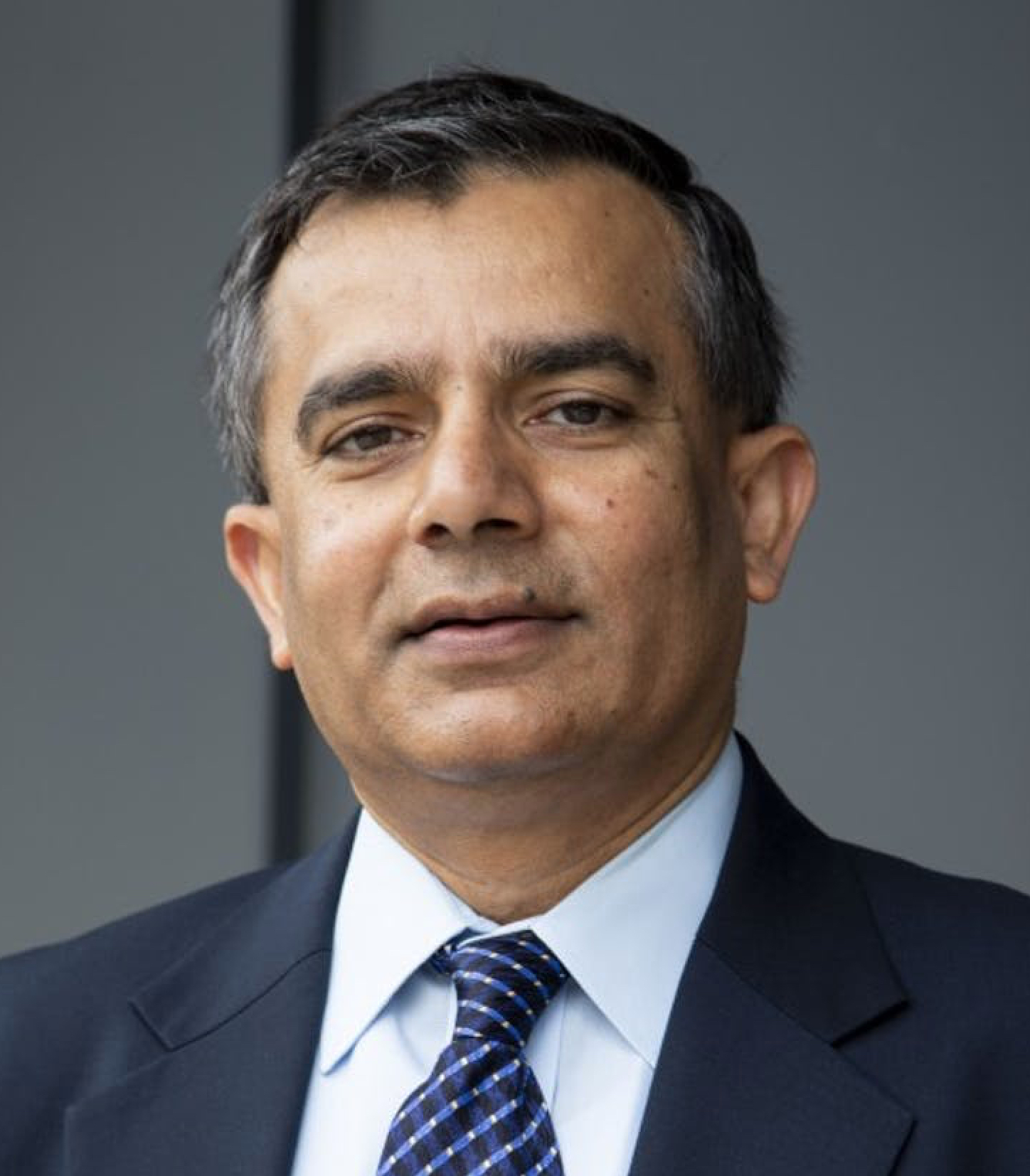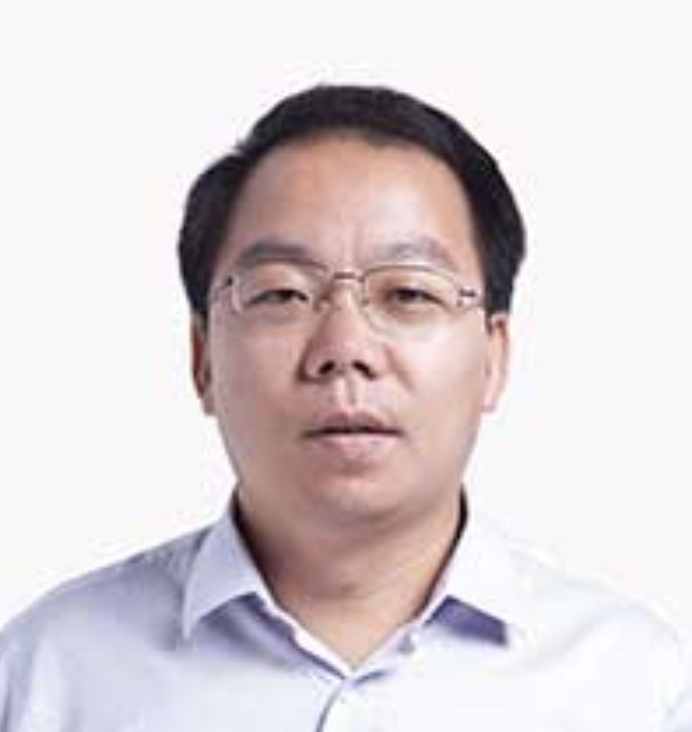Building on previous successful DeepSpatial’20, DeepSpatial’21, and DeepSpatial’22 workshops at SIGKDD, we are proposing the 4th SIGKDD Workshop on Deep Learning for Spatio-temporal Data, Applications, and Systems (DeepSpatial’24) at the 30th ACM SIGKDD International Conference on Knowledge Discovery and Data Mining as a half-day workshop. This year’s workshop features several new items, including emerging themes related to foundation models for spatiotemporal data and their interdisciplinary scientific applications, two distinguished keynote speakers, and two discussion panels on ongoing debates in the field.
Aims and Scope
This workshop will provide a premium platform for researchers from both academia and industry to exchange ideas on emerging research themes related to deep learning for spatiotemporal data, particularly on Foundation Models (LLMs, LVMs) and their interdisciplinary scientific applications.
Topics of Interest: We will welcome submissions under relevant topics including, but not limited to, the following four broad categories:
Emerging Foundation Models and Deep Learning for Spatiotemporal Data:
- Technical advances in pretraining, fine-tuning, prompting, and in-context learning of LLMs as motivated by geographical and spatiotemporal problems
- Applying or customizing existing foundation models to spatiotemporal data
- Novel design of foundation models to address the unique characteristics of spatiotemporal data that are different from video or text
- Multi-modal foundational models that integrate unstructured and structured (e.g., sequences or networks) spatiotemporal data
- Grounding foundation models with physical knowledge
- Ethical issues of foundation models (fairness, interpretability, transparency)
- Identifying and mitigating risks and caveats for foundation models in spatiotemporal applications
Spatial Representation and Networks:
- Spatial representation learning and deep neural networks for spatio-temporal data and geometric data
- Physics-guided and interpretable deep learning for spatiotemporal data
- Deep generative models for spatio-temporal data
- Deep reinforcement learning for spatiotemporal decision-making problems
Responsible GeoAI and Applications:
- Interdisciplinary Applications: Oceanography, natural disaster management, weather forecasting, agriculture, renewable energy, transportation and mobility applications, manufacturing and construction, biological applications (e.g., molecules, proteins, brain, etc.)
- Public Safety and Health: Geosocial media and citizen science, spatial event prediction and forecasting (e.g., public safety, public health, politics)
- Cyberinfrastructures: GeoAI Cyberinfrastructure for Earth Science Applications, Geoinformation System (GIS) systems using deep learning, GeoAI scientific workflow development and optimization
- Sustainable Practices: Energy efficiency and carbon footprint, efficiency deployment on edge devices
Benchmarking and Optimization:
- Novel Spatial Deep Learning Cyberinfrastructures
- Large-scale pre-training of foundation models on Earth imagery or simulation big data
- Model and data parallelism for novel foundation models for spatiotemporal data
- Energy efficiency and carbon footprint
- Efficiency deployment on edge devices
- Mobile computing systems using deep learning
- GeoAI Cyberinfrastructure for Earth Science Applications
- Geoinformation System (GIS) systems using deep learning
- GeoAI scientific workflow development and optimization
- Benchmarking AI on spatiotemporal problems, such as standardizing spatiotemporal datasets and metrics for GeoAI and Geo foundation model evaluation.
Program
| Time | Activities | Speakers |
|---|---|---|
| 9:00 AM - 9:05 AM | Opening Remarks | Workshop General Chairs |
| 9:05 AM - 9:45 AM | Keynote 1, 30 min + 10 min Q/A | Geoff Webb, Monash University |
| 9:45 AM - 10:25 AM | Keynote 2, 30 min + 10 min Q/A | Yong Li, Tsinghua University |
| Break: 15 min | ||
| 10:40 AM - 11:20 AM | Keynote 3, 30 min + 10 min Q/A | Flora Salim, UNSW Sydney |
| 11:20 AM - 12:00 PM | Keynote 4, 30 min + 10 min Q/A | Yuxuan Liang, HKUST (Guangzhou) |
| 12:00 PM - 1:00 PM | Paper Presentation | |
Keynote Speakers
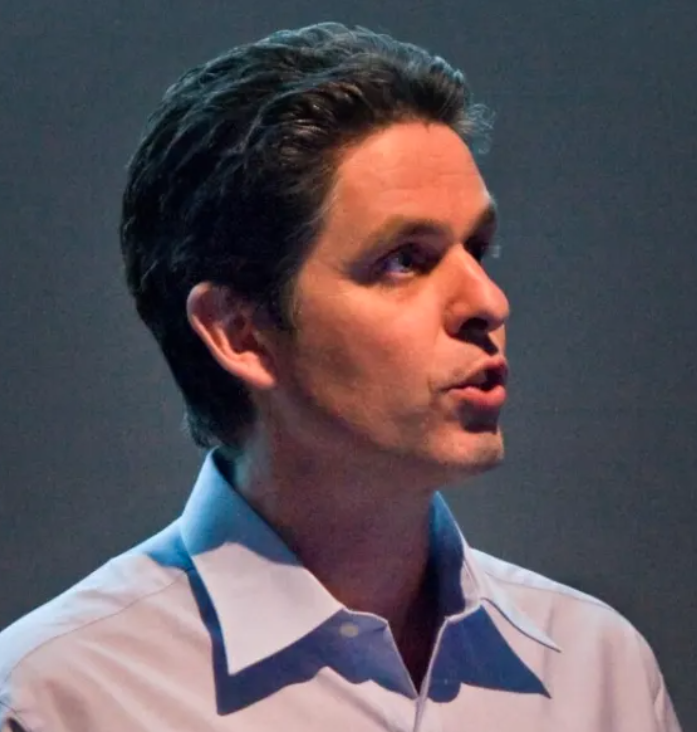
|
Geoff Webb Monash University Title: Is deep learning fit for purpose for time series classification tasks? Abstract: The recent “Bake-off redux” benchmarking exercise that compared a large range of state-of-the-art time series classification algorithms across a large benchmark of 112 tasks found that no deep learning methods were overall competitive with the state of the art. I discuss this finding from the perspective of an active deep learning for time series classification researcher and address the question of whether deep learning for time series classification has a future. Bio: Professor Geoff Webb of the Monash University Department of Data Science and Artificial Intelligence is an eminent and highly-cited data scientist. He was editor in chief of the Data Mining and Knowledge Discovery journal, from 2005 to 2014. He has been Program Committee Chair of both ACM SIGKDD and IEEE ICDM, as well as General Chair of ICDM and member of the ACM SIGKDD Executive. He is a Technical Advisor to machine learning as a service startup BigML Inc and to recommender systems startup FROOMLE. He has developed many useful machine learning algorithms that are widely deployed, including many of the current leading approaches to time series classification. His many awards include IEEE Fellow, the inaugural Eureka Prize for Excellence in Data Science (2017), the Pacific-Asia Conference on Knowledge Discovery and Data Mining Distinguished Research Contributions Award (2022) and the IEEE International Conference on Data Mining 10-year Highest Impact Award (2023). He has thrice been recognised by The Australian Research Magazine as Australia’s leading Bioinformatics and Computational Biology researcher. |
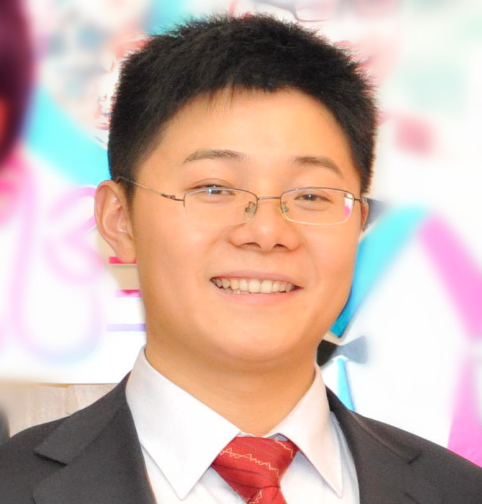
|
Yong Li Tsinghua University Title: Towards A Universal Model for Urban Spatio-Temporal Prediction: A Knowledge-informed Generative Learning Perspective. Abstract: Urban spatio-temporal prediction is essential for effective decision-making in areas such as transportation management and resource optimization. While cutting-edge prediction models have advanced, they often address specific problems without generalizing across different domains. Generative models, particularly Generative Pre-trained Transformers (GPT) and Diffusion Probabilistic Models, have demonstrated significant capabilities in text and video applications. However, their potential for urban spatio-temporal prediction remains largely unexplored. This talk will introduce a versatile generative learning framework that leverages urban spatio-temporal knowledge for universal modeling. The presentation will cover 1) the construction of an urban knowledge graph to capture semantic relationships among spatial regions, temporal context, and urban flows; 2) the design of physics-informed diffusion models to characterize intrinsic mechanisms behind spatio-temporal data; and 3) the development of knowledge-guided prompt learning to create a one-for-all solution applicable across diverse scenarios.
Bio: Dr. Li is currently a Professor of the Department of Electronic Engineering, Tsinghua University. He received the Ph.D. degree in electronic engineering from Tsinghua University in 2012. His research interests include city science and urban computing. Dr. Li has served as General Chair, TPC Chair, SPC/TPC Member for several international workshops and conferences, and he is on the editorial board of two IEEE journals. He has published over 100 papers on first-tier international conferences and journals, including Nature Machine Intelligence, Nature Human Behavior, Nature Computational Science, KDD, NeurIPS, WWW, UbiComp, and his papers have total citations more than 25000. Among them, five receive conference Best Paper (run-up) Awards.
|
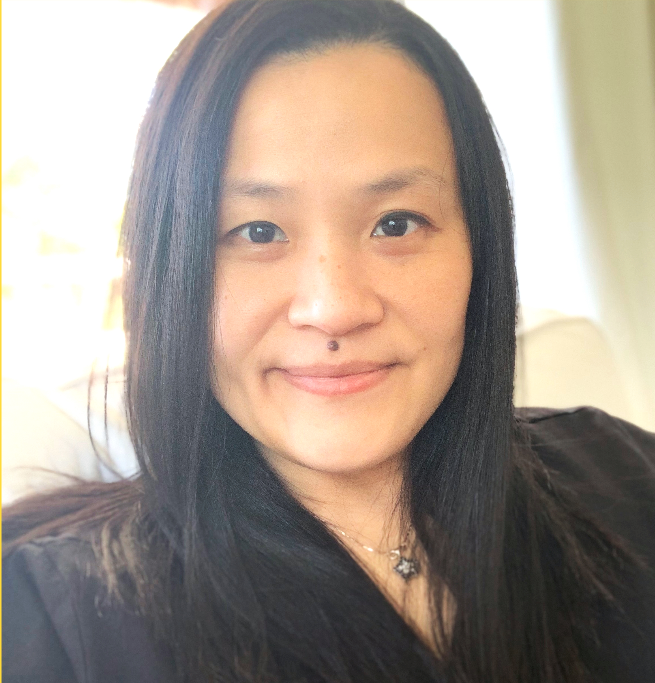
|
Flora Salim UNSW Sydney Title: Data-Efficient Learning for Imperfect Spatio-Temporal Data: Leveraging SSLs and LLMs Abstract: Spatio-temporal data have been very instrumental in developing predictive models in different domains, including for energy, transport and mobility, retail, and public health management. However, modelling with spatiotemporal data is hampered by the limited availability and sparsity of training data, due to the lack of labels and/or semantic information on spatio-temporal data, and issues with the data, including noise and missing data. This talk explores recent advancements in self-supervised learning (SSL) and neural architectures for spatio-temporal data. SSL, particularly contrastive learning, has shown promise in learning discriminative representations without labeled data, yet existing methods often struggle with multimodal data integration and computational inefficiencies. To address these challenges, we introduce several innovative models: a cross-modal SSL approach that can deal with missing sensor data, and a neural-ODE architecture that can handle sporadic time-series data. To address data sparsity and lack of semantic information in spatio-temporal data, we leverage LLMs to improve the generalizability, in zero-shot and fine-tuned settings. Examples will include the use of LLMs in dynamic contextual information embedding, mobility forecasting, next point-of-interest (POI) recommendation task, and energy load forecasting. Bio: Flora Salim is a Professor in the School of Computer Science and Engineering (CSE) and the inaugural Cisco Chair of Digital Transport & AI, University of New South Wales (UNSW) Sydney, and the Deputy Director (Engagement) of UNSW AI Institute. Her research is on generalisable and data-efficient machine learning for multimodal spatio-temporal learning tasks. She is a member of the Australian Research Council (ARC) College of Experts. She currently serves as an Editor of IMWUT, Associate Editor of ACM TSAS, and an Associate Editor-in-Chief of IEEE Pervasive Computing, and an Area Chair for many conferences including NeurIPS, ICLR, and The Web Conf (WWW). She has worked with many industry and government partners, and managed large-scale research and innovation projects, leading to several patents and deployed systems. |
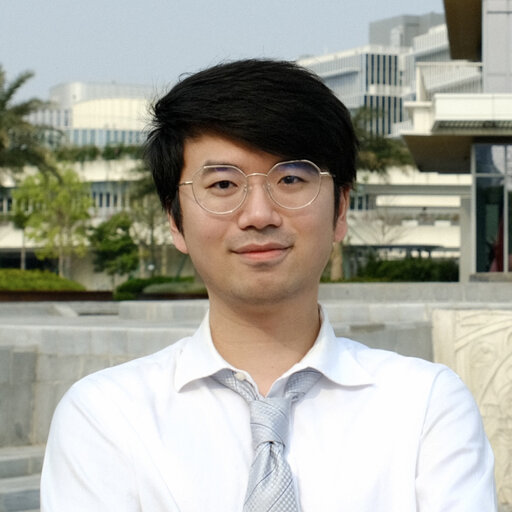
|
Yuxuan Liang HKUST(GZ) Title: TBA Abstract: TBA Bio: TBA |
Accepted Papers
Zhiqiang Jiang, Isaac Huang, and Xin Wang.
Utilizing Large Language Models for Indoor Tour Guidance
Cara Lee, Faisal Nabulsi, Michael Xu, Christopher Kan, Andrew Kan, Rachel Yun, Talal Nabulsi, Bryan Jiang, Isam Kharouf, Rana Suleiman, and Zaid Nabulsi.
AquaSent-TMMAE: A Self-Supervised Learning Method for Water Quality Monitoring from Spatiotemporal Data
Shaohua Wang, Yongyi Pan, Dachuan Xu, Cheng Su, Liang Zhou, and Yin Cheng.
Optimization of Location Selection for Fengchao Cabinets in Beijing Based on Deep Reinforcement Learning
Aniq Ur Rahman and Justin Coon.
Counterfactual Analysis of Temporal Graph Learning Models
Workshop Organizers
Publicity Chair
Yifei Zhang, Emory University
Program Committee
Steffen Knoblauch, Heidelberg University
Arnold Boedihardjo, DigitalGlobe
Wei Wang, Microsoft Research
Ray Dos Santos, Army Corps of Engineers
Chao Zhang, Georgia Tech
Yanjie Fu, UCF
Xuchao Zhang, NEC Lab North America
Yanfang Ye, University of Notre Dame
Yanhua Li, WPI
Jing Dai, Google
Yiqun Xie, University of Maryland
Xiaowei Jia, University of Pittsburgh
Junbo Zhang, JD Digital
Jie Bao, JD Digital
Song Gao, University of Wisconsin, Madison
Jingyuan Wang, Beihang University
Lexie Yang, ORNL
Borko Furht, Florida Atlantic University
Taghi Khoshgoftaar, Florida Atlantic University
Senzhang Wang, Central South University
Paper Submission
Important Dates: (all due Midnight Anywhere on Earth).
Paper submission deadline: June 14, 2024
Paper review begins: June 14, 2024.
Paper review due: June 27, 2024.
Notification of decision: June 28, 2024
Notifications to Workshop Chairs (number of papers, acceptance rate, etc.): July 2nd, 2024
Camera-ready due: July 10, 2024
Workshop Program Schedule and Full Website Online: July 11, 2024
Workshop Date: August 25, 2024
The workshop welcomes the two types of submissions
Full research papers – up to 9 pages (8 pages at most for the main body and the last page can only hold references)
Vision papers and short system papers - up to 5 pages (4 pages at most for the main body and the last page can only hold references)
Extended abstracts (posters) - up to 2 pages
All manuscripts should be submitted in a single PDF file including all content, figures, tables, and references, following the format of KDD conference papers. Paper submissions need to include author information (review not double blinded).
Papers should be submitted at: https://easychair.org/conferences/?conf=deepspatial24
Concurrent submissions to other journals and conferences are acceptable. Accepted papers will be presented as posters or short talks during the workshop and published on the workshop website. Besides, a small number of accepted papers may be selected to be presented as contributed talks. As a tradition, accepted workshop papers are NOT included in the ACM Digital Library. The authors maintain the copyright of their papers.
Contact Information
Zhe Jiang, zhe.jiang@ufl.edu, Tel: (352) 294-6659
Liang Zhao, liang.zhao@emory.edu , Tel: (703) 993 5910
Xun Zhou, zhouxun2023@hit.edu.cn
Junbo Zhang, msjunbozhang@outlook.com
Copyright © All rights reserved | This template is made with by Colorlib
